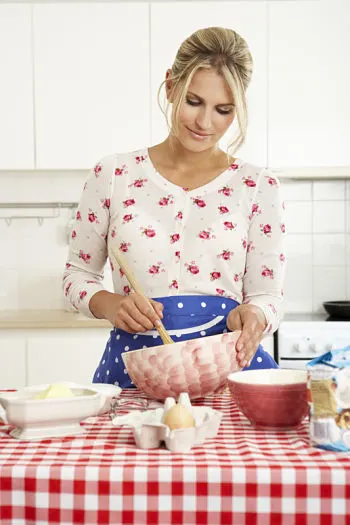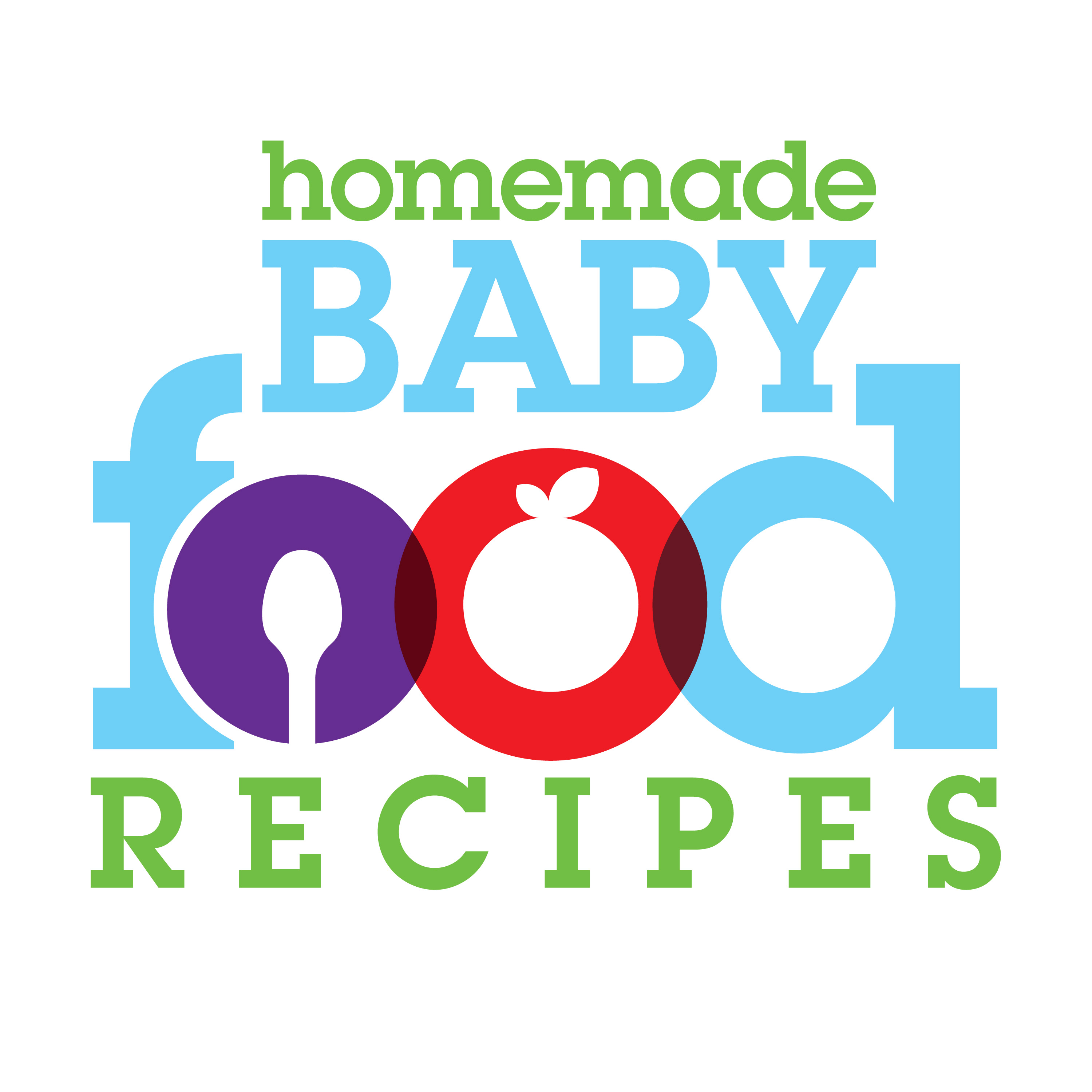When preparing your baby’s food, it is very important to take steps to eliminate any risk of food poisoning – babies, of course, are particularly vulnerable to illness caused by food borne bacteria.
Foods such as fish, eggs, raw meat or raw poultry can contain bacteria responsible for food poisoning, such as salmonella and E. coli. Campylobacter infection, a common cause of food poisoning, likes to live in milk and poultry. You can also contaminate foods with these bacteria by preparing them with dirty hands, or preparing them on unclean surfaces.
Here are some tips to help you keep your baby’s food safe.

- Make sure that your refrigerator is running no higher than 40 deg F or 4 deg C. When storing food for your baby, it is sensible to use a fridge thermometer to be absolutely sure of its temperature.
- Store prepared foods in shallow containers – they will cool very quickly, minimizing the growth of bacteria.
- Keep raw meat and fish wrapped at the bottom of the refrigerator to prevent them contaminating foods on the shelves below.
- Make sure that there is plenty of room in the fridge for the air to circulate effectively – an over-full fridge may not keep all items cool enough.
- When cooking food, make sure it reaches a temperature of at least 160 deg F (70 deg C).
- Completely defrost all frozen foods overnight in the refrigerator before cooking them for your baby.
- Serve cooked food to your baby immediately (once it is cool enough for him to eat, of course) and refrigerate leftovers straight away. Do not leave food sitting at room temperature.
- Always make sure your baby’s food is cooked through – this is particularly important with meat, poultry and eggs. Always reheat previously prepared foods thoroughly.
- Always prepare raw meat or fish separately from your fruits and vegetables – it’s a very good idea to use a separate cutting board for each. Do not allow raw food to come into contact with cooked food.
- Wash your hands with hot, soapy water before you prepare your baby’s food and between handling raw and cooked foods.
- Don’t give your baby unpasteurized milk or fruit juice, which will not have been through the process that removes potentially harmful bacteria. Check the label carefully if you are unsure.
- Thoroughly wash any fruits or vegetables that you offer your baby under running water.
- Keep your kitchen clean by thoroughly scrubbing all surfaces with hot, soapy water (it is not necessary to use antibacterial wipes or cleaners). Keep your tea towels and dish-washing sponge clean (sponges should be changed frequently).
- Don’t allow pets near your baby’s food and make sure food is well protected from insects.
Our baby food preparation and storage page gives you more information about preparing baby food at home.
